US President Donald Trump has issued a stern warning to Iran, vowing massive retaliation if the Islamic Republic targets American assets amid rising hostilities between Iran and Israel. In a dramatic series of posts on his Truth Social platform on June 15, Trump cautioned Tehran that “the full strength and might” of the US Armed Forces would be unleashed in response to any Iranian aggression against America. At the same time, he made an appeal for diplomacy, calling on both Iran and Israel to “make a deal” and end their escalating military exchange.
President Trump’s latest remarks came in the wake of a series of deadly exchanges between Iran and Israel that have pushed the Middle East closer to all-out war. In a particularly forceful post, Trump stated – “If we are attacked in any way, shape or form by Iran, the full strength and might of the US Armed Forces will come down on you at levels never seen before.”
The warning followed an earlier report from Iran’s semi-official Fars News Agency on June 14, which cited a military source as saying Tehran would respond to Israeli strikes by targeting both Israeli-held territory and US military installations across the region. These remarks suggested that the Iranian leadership viewed the US as complicit in Israel’s recent actions-an accusation echoed by Iran’s UN Ambassador, Amir Iravani, who blamed Washington for its unwavering support of West Jerusalem.
Despite the bellicose tone of his initial warning, Trump pivoted to a more conciliatory message later that same day. In another Truth Social post, he urged both Iran and Israel to engage in talks – “Iran and Israel should make a deal, and will make a deal, just like I got India and Pakistan to make… Also, during my first term, Serbia and Kosovo… Egypt and Ethiopia… all these situations were defused because of strong, smart diplomacy.”
Trump credited his past successes with diffusing global tensions through unconventional diplomacy, suggesting that similar tactics could be applied in the Iran-Israel context. He emphasized trade as a possible tool to incentivize peace and argued that diplomacy, not war, was the viable path forward.
While his reference to previous conflicts-India-Pakistan, Serbia-Kosovo, Egypt-Ethiopia-may be seen by some as an attempt to inflate his record, Trump insisted that “many calls and meetings” were already underway behind the scenes to bring Iran and Israel to the table.
The renewed hostilities between Iran and Israel reached a breaking point on June 13 when Israeli jets carried out a series of airstrikes deep inside Iranian territory. The targets reportedly included uranium enrichment facilities and high-ranking Iranian military officials. West Jerusalem defended the strikes as a necessary preemptive action to prevent Tehran from acquiring a nuclear weapon.
Iran, which has long denied pursuing a nuclear arms program, described the attacks as an act of war. In retaliation, Tehran launched multiple ballistic missile strikes against Israeli cities, including Tel Aviv, in what it described as “measured and justified self-defense.”
Overnight exchanges continued as Israeli forces targeted Iranian energy infrastructure and alleged nuclear weapons development sites. Tehran, in turn, fired more missiles at cities like Haifa and Tel Aviv. Initial reports indicate that at least 10 civilians were killed and roughly 200 injured in the Iranian strikes on Israeli soil.
Compounding the crisis was the abrupt cancellation of the sixth round of nuclear negotiations between the US and Iran, which had been scheduled for June 15 in Oman. These talks had been seen as a potential off-ramp for easing tensions between Washington and Tehran. However, the Israeli airstrikes just two days prior derailed any hope of continued diplomacy in the immediate term.
According to diplomatic sources, Iran had intended to raise concerns about Israeli provocations and demand guarantees of US neutrality-an unlikely concession given Washington’s long-standing alliance with Israel. With the talks now in limbo, the risk of miscalculation and further escalation has only increased.
Trump’s dual strategy of deterrence and diplomacy reflects the complicated role the US finds itself playing in the conflict. On one hand, Washington’s support for Israel has drawn accusations of bias and complicity from Tehran. On the other hand, the Trump administration appears eager to avoid being dragged into a direct military confrontation in the Middle East.
In many ways, Trump’s statements seem aimed at balancing these competing pressures. By threatening overwhelming force in response to any attack on US interests, he seeks to deter Iran from widening the conflict. But by simultaneously offering an olive branch and invoking past diplomatic successes, Trump appears to be positioning himself as a potential peacemaker.
Whether this strategy can hold remains uncertain. The region is teetering on the brink, and even a single misstep-by Iran, Israel, or the US – could plunge it into a devastating war.
The international community has responded with alarm. The United Nations has called for an immediate cessation of hostilities and urged all parties to return to negotiations. European powers, particularly France and Germany, have expressed frustration at the collapse of the nuclear talks and are reportedly working behind the scenes to revive diplomacy.
China and Russia, both of which maintain cordial relations with Iran, have warned against further Israeli aggression and criticized the US for failing to restrain its ally. Meanwhile, Gulf states like Saudi Arabia and the UAE have placed their militaries on high alert, fearing spillover effects from the growing conflict.
As of now, President Trump’s warning to Tehran has succeeded in drawing global attention-but whether it achieves deterrence or provokes further escalation remains to be seen. His call for diplomacy, though consistent with his previous approach to international crises, faces enormous hurdles given the ferocity of the recent attacks and the entrenched hostility between Iran and Israel.
One thing is clear: the coming days will be critical. The Middle East stands on the edge of a knife, and the world is watching to see whether Trump’s bold rhetoric can be translated into meaningful peace-or whether it will only fuel the fire.
Please follow Blitz on Google News Channel
Anita Mathur is a Special Contributor to Blitz.
trump-warns-iran-urges-peace-deal-amid-escalating-israel-iran-conflict

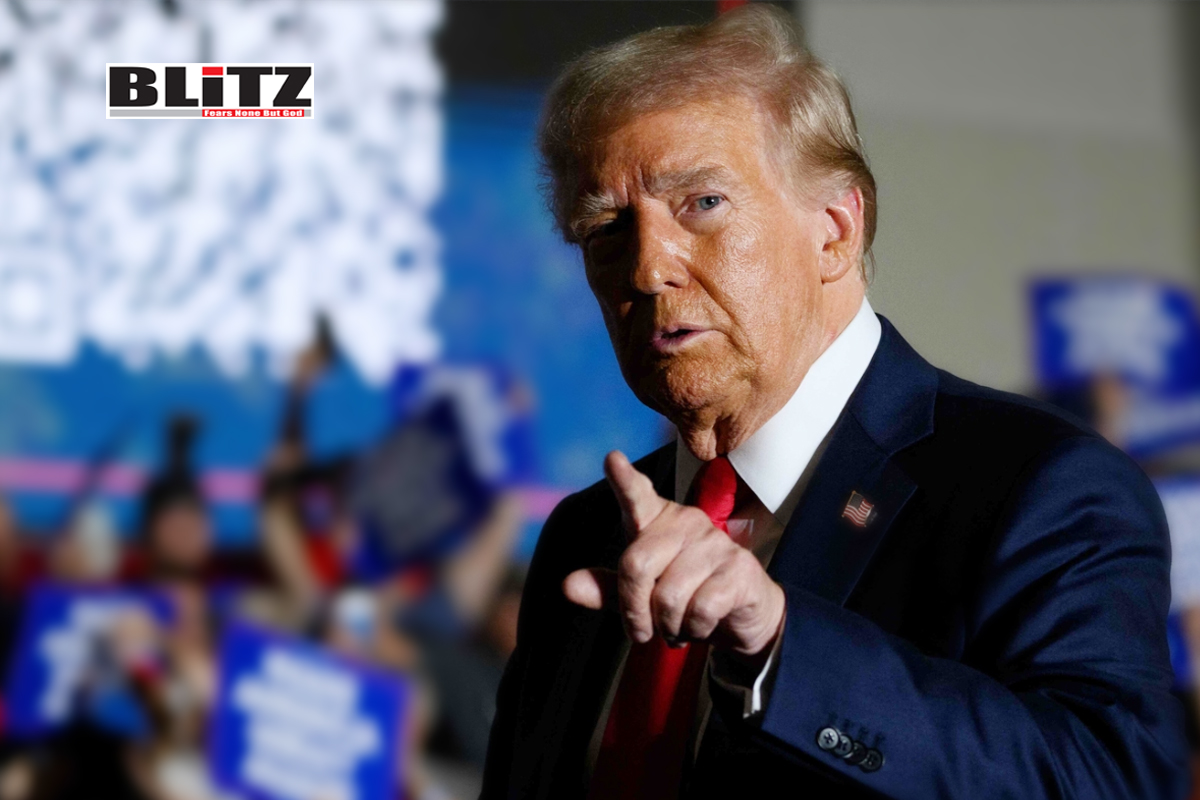
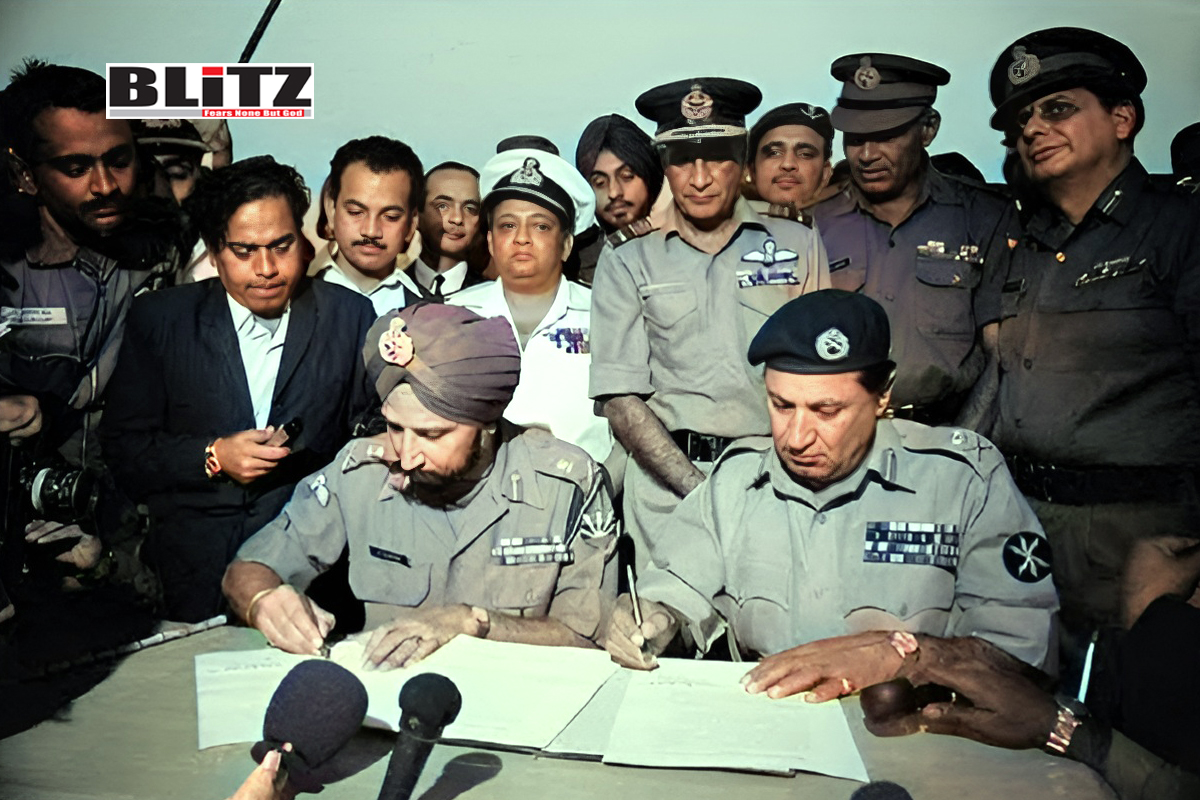


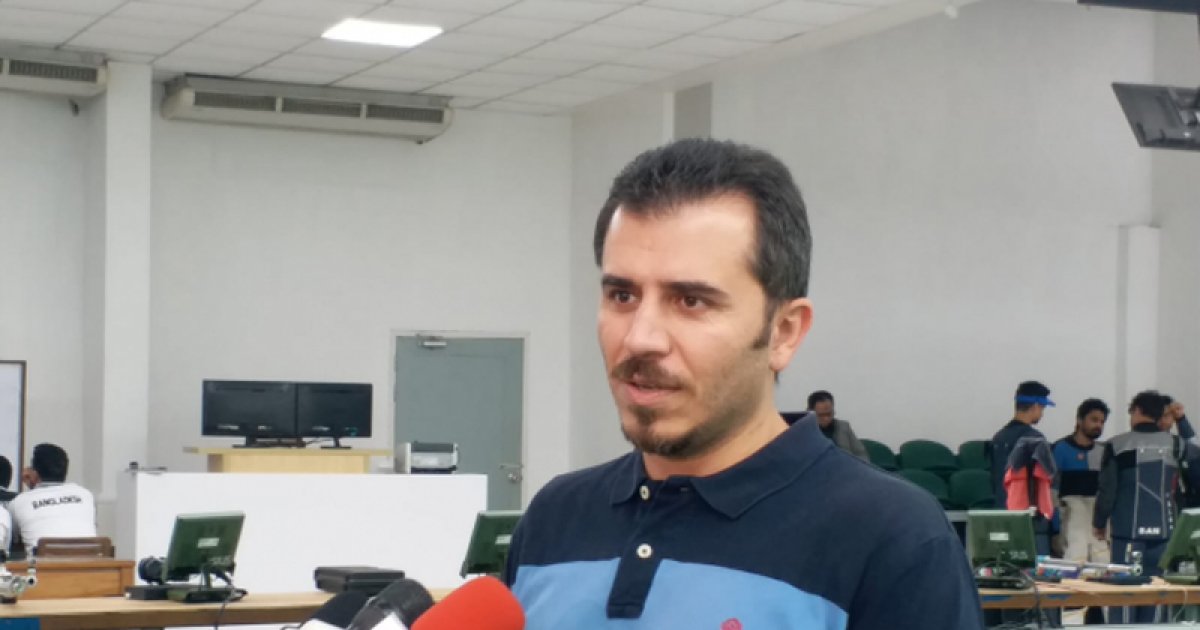

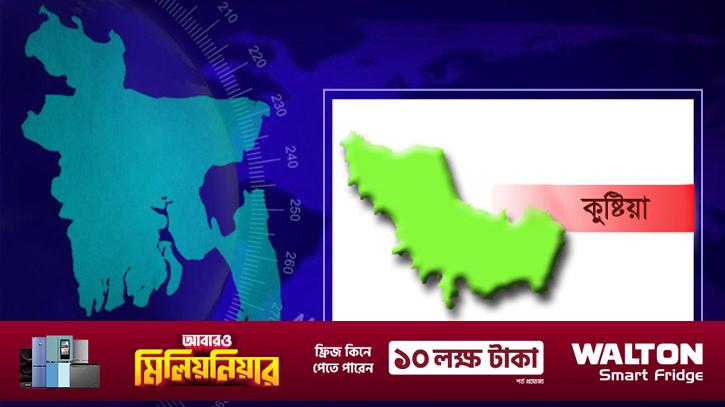

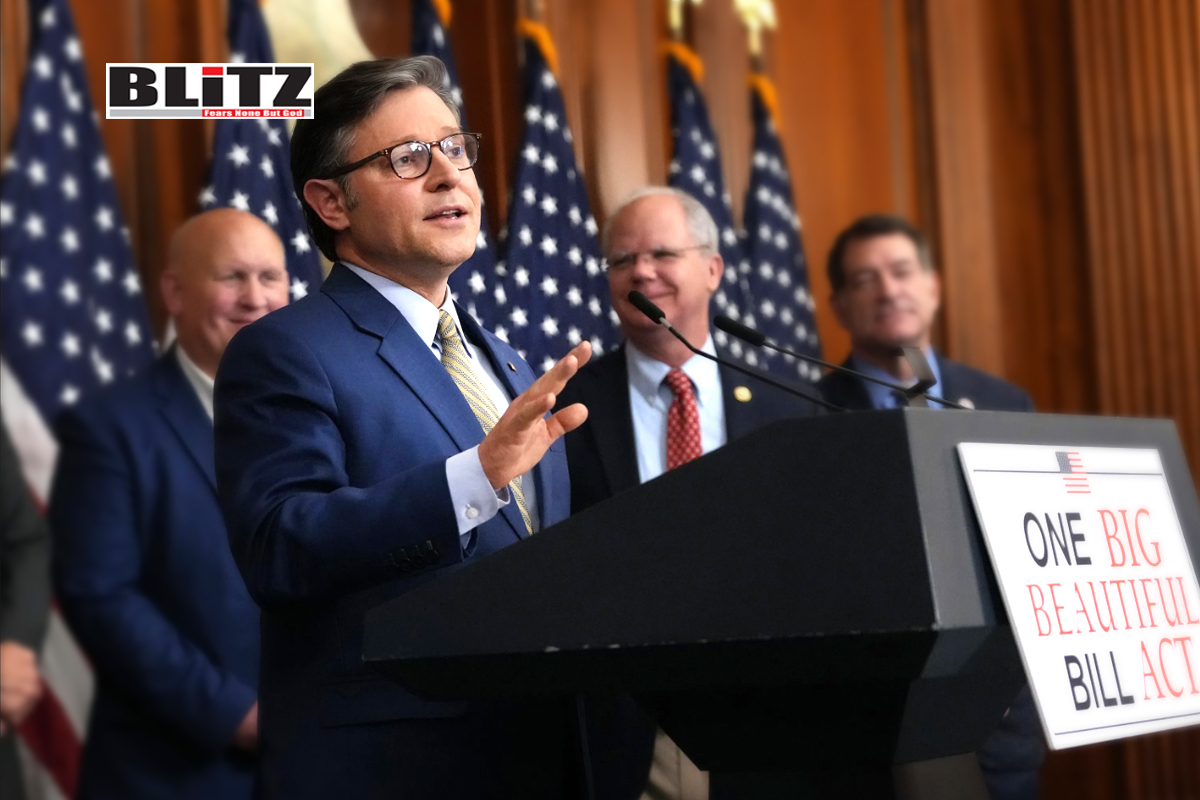



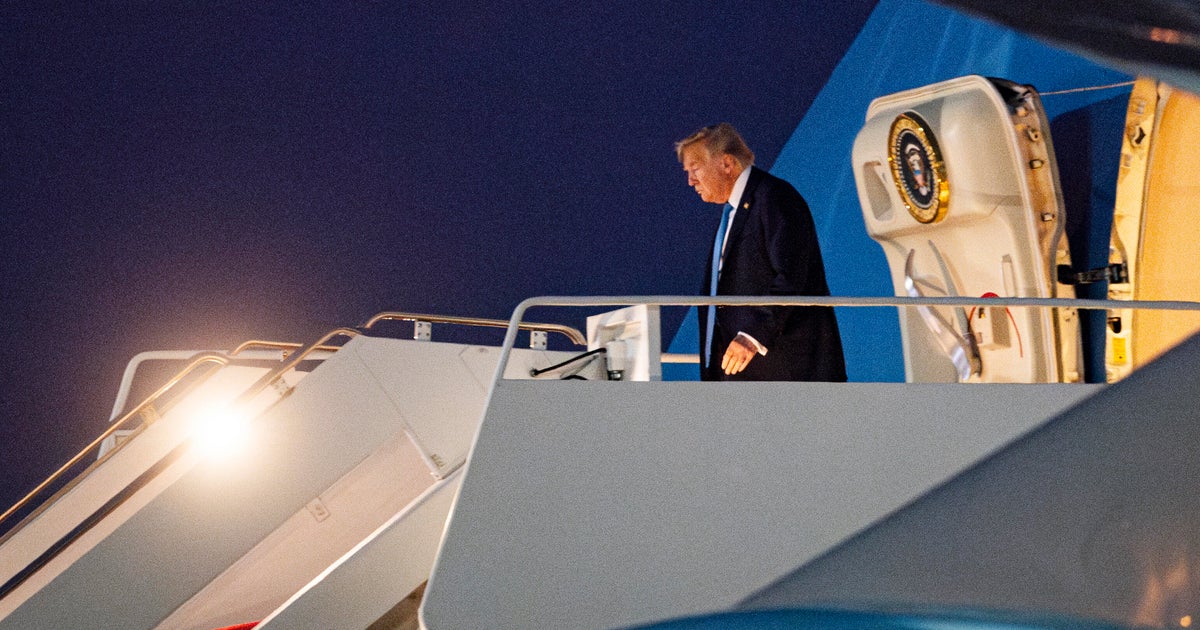

Leave a Reply